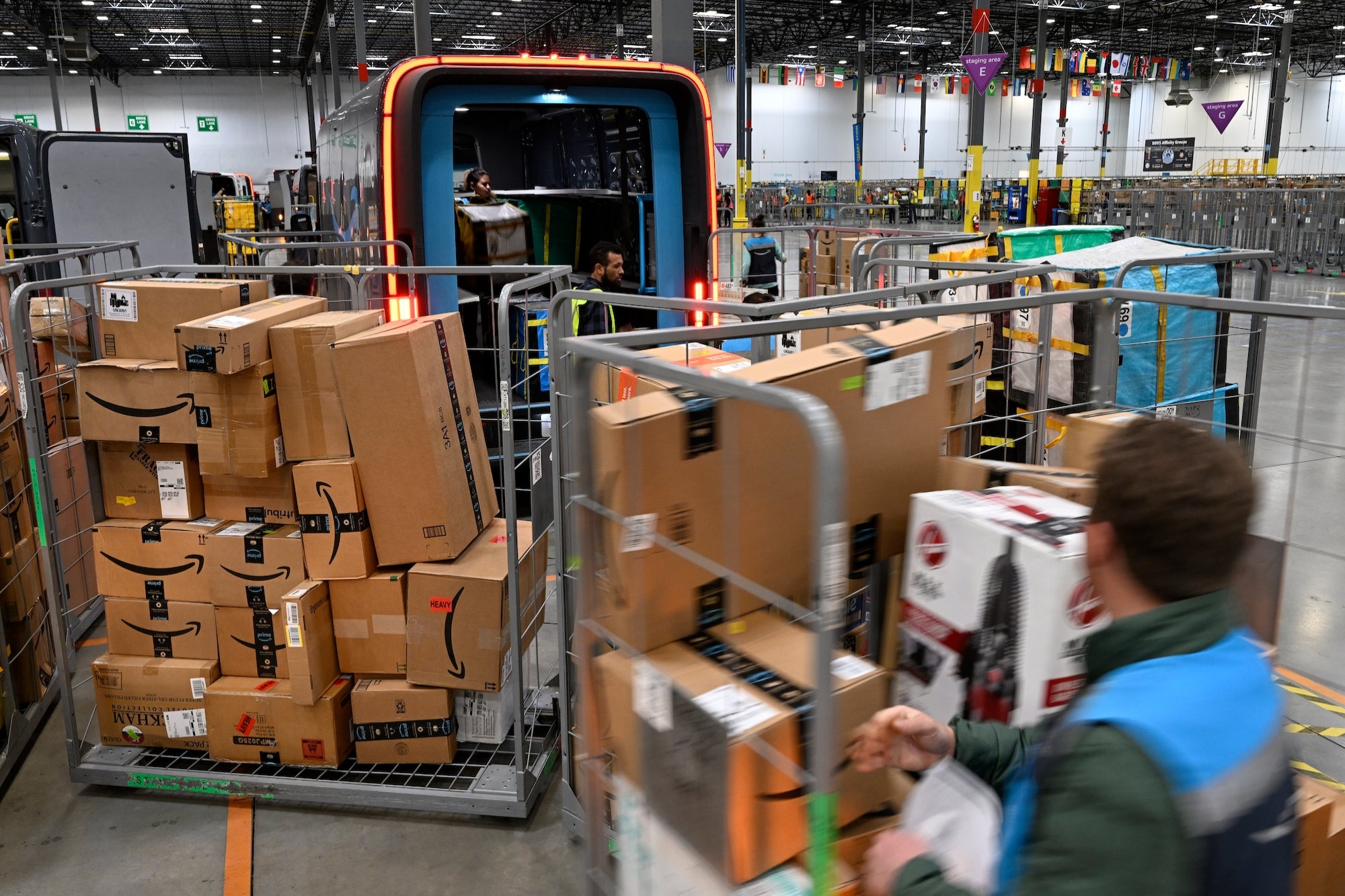4 Ways Small Businesses Can Survive the Slower MonthsIf your business is prone to industry changes, it's essential to bake a strategy right into your business plan. Here are few tips to get you started.
ByCris Burnam•
Opinions expressed by Entrepreneur contributors are their own.

When I entered the small-business game as the president ofStorageMart, a self-storage facility, I knew to expect a seasonal slowdown. After all, fewer people need storage facilities during the busy holiday months as moving isn't exactly a priority. But expecting the slowdown and actuallyexperiencingthe slowdown are two very different things.
While I felt powerless as I watched my sales goals slip, I definitely wasn't alone.Many industries, known ascyclical consumer goods and services, face slowing sales from weather, economic and seasonal shifts. For example, lodging and resorts see scorching hot summer months of sales and revenue, but their empty rooms and tables are left to collect dust over the winter. Or restaurants incur a slowdown during the holiday season.
Car manufacturers, retail stores, news production and residential construction are alsosubject to seasonal changes. Obviously, many businesses in these industries can keep their doors open, so there must be a secret to managing the consumer cycle. While it took me a while to uncover best practices to keep my business alive, I'll happily share my secrets with you now.
Related:8 Ways to Survive a Sales Slump
1. Research the economy's impact on your industry.
For example, when the housing market took a turn, smart builders quickly reallocated resources toremodels or handyman businesses. By understanding how the real-estate market affected the likelihood of customers pursuing new construction, some builders not only protected their businesses but also thrived amid a tanking industry.
The storage industry was also affected in 2008 by the Great Recession. With fewer people moving --2 millionfewer, to be exact -- businesses like mine had to respond or sink. So our company looked deep into what produced cash flow -- and what didn't -- in order to get lean and survive the recession.
The best way to stay afloat at hard times is to have healthy, open relationships with your bank and your money partners, using clear communication during the good times and the bad.
2. Respect the seasons.
When things are looking up, it's easy to hope and plan for continued success. However, staying positive should never mean staying ignorant.
Talk with experienced professionals in your industry about how they handle seasons of slow foot traffic. If they're willing to share, ask how they prepare for the slower months. Take their suggestions into consideration, and devise specific strategies and goals your unique business can put into place to survive the seasonal slump.
Related:An Entrepreneur's Guide to Dealing With Downtime
3. Create a proper yearly plan.
Accounting for bad days is just as important as accounting for good ones. As you prepare your yearly budget and goals, consider the peaks and valleys in revenue, and set aside enough cash to keep operations alive during those rainy days. And don't just prepare for the worst: Use the slow seasons to your advantage. Take that extra free time toevaluate business performance, plan for the future or revisit your branding -- you know, the things you can barely find time for during those hectic busy seasons.
Related:How to Forecast Revenue and Growth
4. Don't panic!
Even with plans in place, the slow seasons are an emotional roller coaster. Accounting for loss isn't the same as actually watching money leave your hands. When the downswing hits, avoid reaching for drastic change.Coupons, salesand downsizing feel like quick solutions, but they can harm your business in the long run.
Stay the carefully crafted course, and the rough waters will seem less scary.
Related:The Dark Side of Discounts
As your business faces seasons of change, understand that you aren't alone. Many businesses are facing the same struggles as you, and if they can withstand it, you sure as hell can, too. So keep your chin up, plan for the worst and hope for the best.










